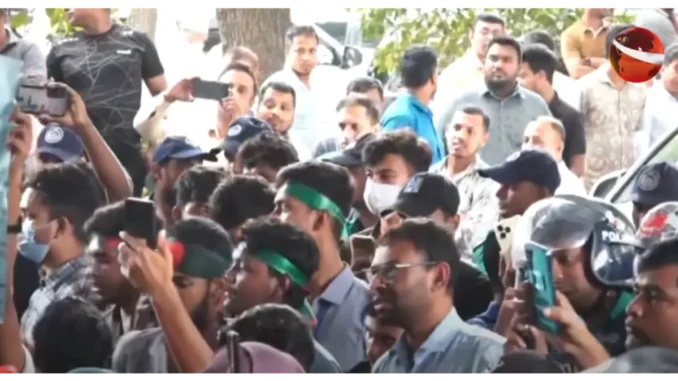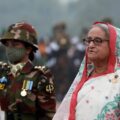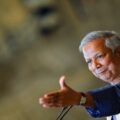
Bangladesh is currently engulfed in political turmoil following the sudden resignation of Prime Minister Sheikh Hasina. Her decision to step down came after months of intense protests that began over a controversial government job quota system. The discontent grew, highlighting broader frustrations with Hasina’s authoritarian style, and ultimately forcing her to flee to India for safety.
President Mohammed Shahabuddin’s response to the crisis has sparked even greater unrest. His remarks on Hasina’s departure were seen by many as dismissive, igniting a wave of protests across the country. Demonstrators are now demanding not only his resignation but also a comprehensive move toward democratic reforms, fearing a potential return to military-backed governance. The tension has intensified in major cities like Dhaka, where mass gatherings and clashes with law enforcement have become frequent.
The resignation has also unsettled regional dynamics. Hasina’s close ties with India had been a stabilizing factor for Bangladesh’s relationship with its powerful neighbor. Now, with an interim government led by Nobel laureate Muhammad Yunus, uncertainty looms. Many fear the political vacuum could open doors to greater military influence or embolden extremist factions, which have previously gained traction during periods of instability.
The public outcry in Bangladesh is a call for change. Protesters are not only seeking new elections but also demanding accountability from the ruling elite, transparency in governance, and a break from autocratic tendencies. The coming months will be crucial as the country navigates this period of uncertainty, with significant implications for its political future and regional alliances.








Leave a Reply